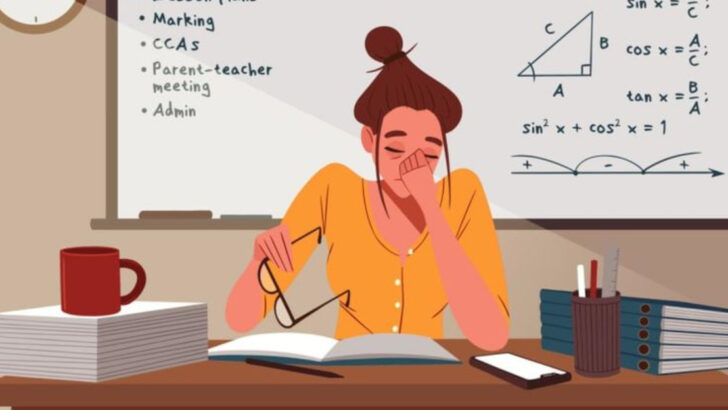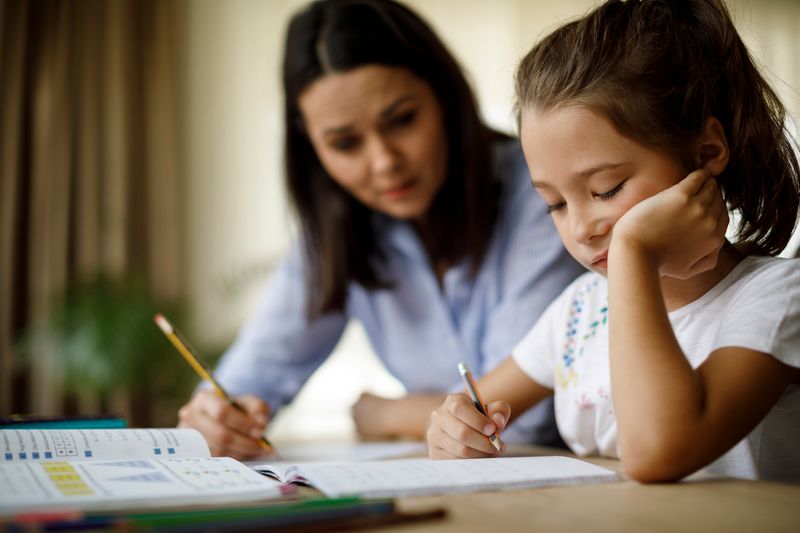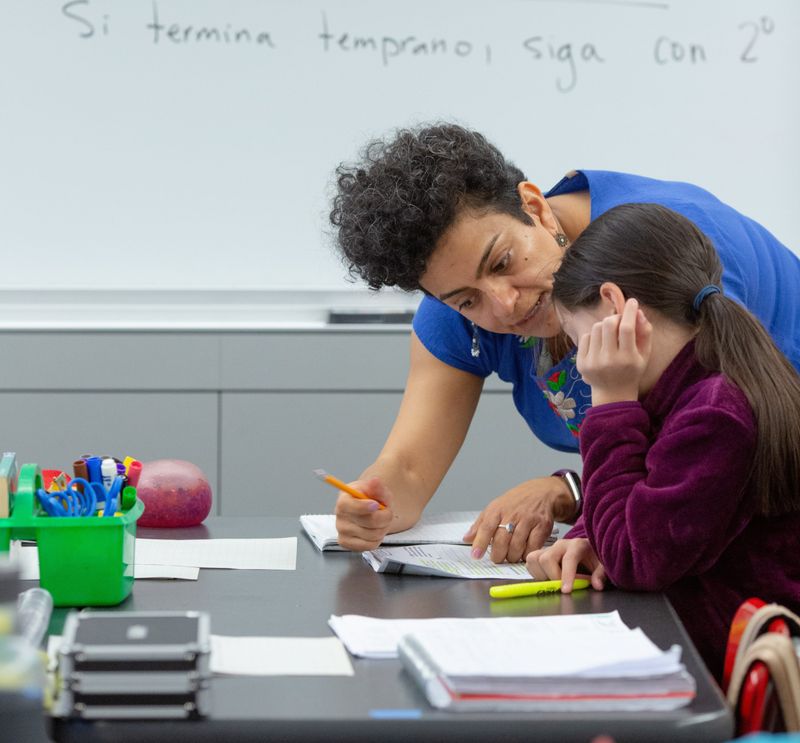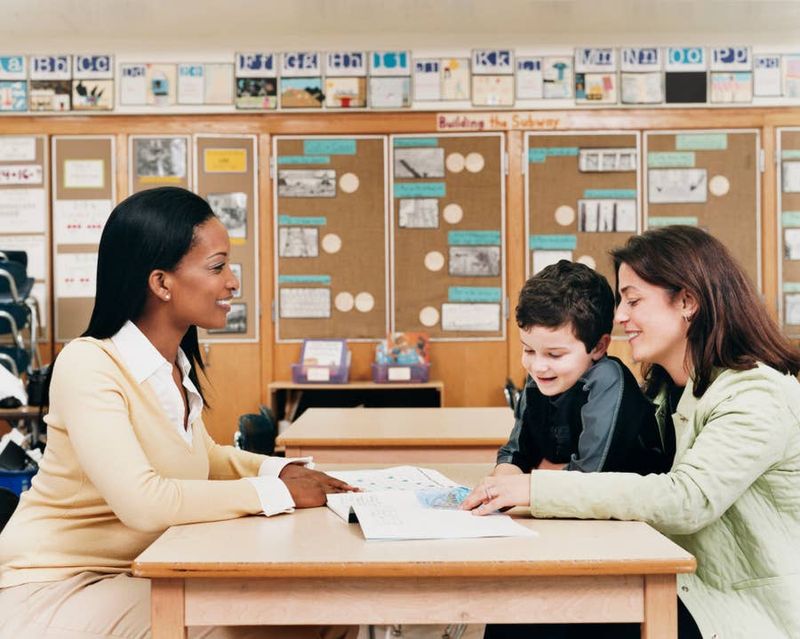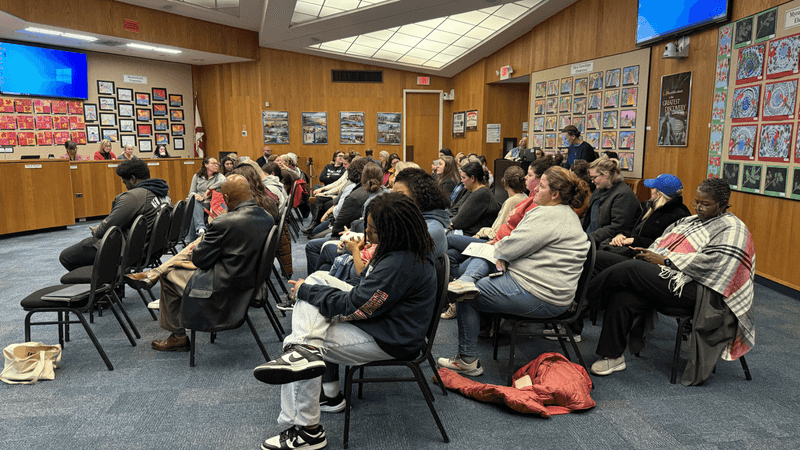You want honesty? Here it is: being a teacher sometimes feels like playing the world’s least-fair game. You show up, you work your heart out, and then someone who’s never spent a day wrangling 24 kids in a rainy gym tells you how to do it better.
I love kids. I love parents, too—when they want to partner. But, girl, there are things parents say that hit like a slap. Not because teachers are fragile, but because words can erase months of sweat, patience, and hope with one offhand comment.
If you’ve ever wondered what phrases make teachers want to bang their heads on the nearest (probably broken) copy machine, keep reading. I’ll tell you—straight up, no filter, and maybe you’ll see your own words in here. That’s not a call-out; that’s an invitation to get real, together.
1. My child doesn’t act like that at home.
You wouldn’t believe how many times I’ve heard this—parents swearing up and down their kid never throws tantrums, never talks back, never forgets homework. It’s like there’s a magical force field at their front door that transforms their child into a saint.
I get it. No one wants to believe their kid is different when you’re not around. But honestly? Kids are different. They test boundaries, especially when they feel safe. Teachers see the version that’s less filtered, less rehearsed. It’s not a betrayal; it’s just real life.
What stings isn’t the disbelief. It’s the sense that my observations don’t matter. I wish more parents would listen, really listen, and ask, “What do you see?” instead of shutting down the conversation at the first sign of discomfort.
2. Why should my child do homework? That’s your job.
Every time I hear this, I feel like someone’s trying to erase the line between school and home. Homework isn’t punishment; it’s practice. Like learning to ride a bike, only with fewer skinned knees and more eye rolls.
It’s not about busywork. It’s about showing kids that learning happens outside four walls, that you don’t stop growing the minute you walk out of class. When parents brush it off as my job, I start wondering what message their kids are hearing.
This isn’t about blame. It’s about teamwork. If you want your child to grow up responsible, homework is a tiny way to say, “I believe in you enough to let you try—on your own.”
3. Why didn’t my child get a higher grade?
Let’s be honest: nobody loves a bad grade. But the second a parent jumps straight from the grade to blame, we all lose. Grades are just one snapshot, not the whole movie.
I want to celebrate wins. I want to talk about effort, growth, and the dozens of other things your kid does that never make it to the final mark. When the only focus is “why isn’t it higher?” it makes a child’s whole self-worth hinge on a number. That’s not fair—to them or to me.
I wish more parents would ask, “What did my child do well? What can we work on together?” That’s the kind of conversation that makes me want to break out the gold stars.
4. You must ensure my child succeeds.
Imagine being handed a box of puzzle pieces missing half the edges and told, “Make a masterpiece.” That’s what it’s like when someone says I’m solely responsible for a child’s success.
I want every child to thrive. But this is a partnership. I bring my all—lesson plans, long nights, patience that would make a saint jealous. What I can’t do is control everything that happens outside my classroom. That’s not defeatism; that’s reality.
If you put all the pressure on me alone, you’re setting everyone up to fall short. Let’s build something together. Let’s share the wins and the hard moments.
5. My child is bored. Can you give them more work?
Nothing like an overstuffed schedule to make a kid love learning, right? I hear this one when parents can’t stand the idea of their child ever feeling a moment of discomfort or, God forbid, boredom.
But here’s the twist—sometimes boredom is the birthplace of creativity. Piling on more worksheets isn’t the answer. It’s not always about more; sometimes it’s about deeper. What if we let kids get curious, even a little restless?
Next time you’re tempted to ask for extra assignments, ask your child what they want to explore. Maybe the real magic happens when we stop trying to fill every minute.
6. My child doesn’t need to be punished—they’re just a kid.
There’s always that urge to defend your kid—believe me, I get it. But when parents act like consequences are optional, it sends a weird message. Kids are smart; they notice what adults let slide.
Discipline isn’t about humiliation. It’s not even really about punishment. It’s about learning that actions have outcomes, good or bad. When boundaries disappear, so does accountability.
No one likes those tough conversations. But if we can’t be honest about mistakes, how do kids ever figure out who they want to be?
7. I don’t read everything I sign. No one does.
Once a parent told me, “Nobody reads those forms.” I wanted to laugh, or maybe cry. You wouldn’t ignore your kid’s medical instructions, would you?
Every paper I send home matters—field trips, allergies, emergency contacts. I’m not running a paperwork factory for fun. When parents shrug off the details, it leaves me guessing, and that puts your child at risk.
If you’re too busy to read, just say so. But don’t pretend like it’s my fault when something falls through the cracks. I’m human, too.
8. Can you make sure my child’s not left out?
I know what it’s like to watch your kid struggle to fit in—my heart breaks, too. But real friendships aren’t assigned like homework. I can encourage kindness, create safe spaces, and model compassion, but I can’t script every social moment.
The hardest thing is knowing I can’t protect every child from hurt. At times the best thing I can do is help them build resilience. I want to be there, but I’m not a social director.
Instead of asking me to fix it, let’s talk about how we can support your child together. Occasionally, just knowing they’re not alone helps the most.
9. My child doesn’t lie.
If I had a nickel for every time someone swore their child was a tiny truth-teller, I’d have a new set of classroom markers by now. Kids lie—sometimes badly, sometimes brilliantly. It’s not a moral failing; it’s part of growing up.
When parents refuse to believe it, it puts teachers in a corner. Now I’m the villain for suggesting your little one colored outside the lines. The truth is, learning honesty takes practice. It’s messy, it’s embarrassing, but it’s also where the real lessons live.
I always hope for trust. If we can’t be honest with each other, how do we expect kids to be honest with us?
10. Other teachers never had a problem with my child.
This one stings—the idea that it’s all in my head, or that I somehow failed where others succeeded. Maybe your child changed, or maybe we’re seeing something new. That’s not a judgement. It’s just how people grow, including teachers.
When parents compare, it makes me feel invisible, like nothing I see or do matters. I want to help, not compete with ghosts of teachers past. Every year, every classroom, is different.
Let’s work with the child in front of us, not the memory of who they were. Growth happens in the present, not the past.
11. You must really love kids to do this job.
It sounds like a compliment, but sometimes it feels like a way to brush off how hard this work is. Love doesn’t grade papers at midnight or pay rent. Would you ever tell a nurse, “You must really love patients” instead of paying them fairly?
I do love kids—most days. But teaching is a profession, not a hobby. I want respect for my skills, not just my heart. A little gratitude goes a long way, but recognition means so much more.
Next time you see a teacher, try, “Thank you for your expertise.” That hits different. Trust me.
12. We’re going on vacation, so please send all the work.
There’s nothing quite like being asked to magically produce a week’s worth of lessons, tailored for one child, on zero notice. It’s not that I resent your vacation. It’s just—school isn’t a subscription box you can pause and restart on your schedule.
When parents do this, I feel like an afterthought, not a professional. I want your kid to keep up, but learning is more than worksheets. It’s conversations, experiments, all the messy in-between stuff that doesn’t fit in a packet.
If you’re planning time away, let’s talk early. Maybe we can make a plan that works for everyone.
13. My child is gifted. What are you doing about it?
Gifted doesn’t mean easy. It’s not a pass to skip all the hard stuff, and it’s not an excuse for boredom or bad manners. When parents ask this, it sometimes sounds like a challenge, not a partnership.
The best teachers want to nurture every child’s strengths, but resources, time, and energy are limited. I’m always balancing a class full of unique brains. In certain moments, what a gifted kid needs most is room to fail, struggle, and find their own way.
Let’s talk about your child’s passions and how we can fuel them—together. That’s where the real growth happens.
14. Can’t you just give extra credit?
It’s tempting—to think one extra assignment or a bonus project can fix a tough marking period. But learning isn’t a vending machine. Drop in a worksheet, pull out a better grade? If only it worked that way.
When parents push for extra credit, I worry kids stop caring about the real lessons. It becomes about points, not progress. I want to teach resilience, not loopholes.
Perhaps, the most valuable thing you can do for your child is let them feel the consequences and help them start fresh. Growth is never a shortcut.
15. Maybe teaching just isn’t for you.
Words sting, and this one stabs. I’ve heard it whispered, shouted, and written on anonymous surveys. It plants a seed of doubt that grows roots overnight.
Nobody signs up for teaching because it’s easy. We stay because we believe in change. Every time someone questions my calling, I think about the moments—both good and brutal—that got me here.
You don’t have to agree with every decision, but if we’re going to work together, let’s start with respect. That’s the foundation for everything that matters in a classroom.
16. We pay your salary, so you work for us.
This one always lands hard. Yes, taxes support schools, but education is never a one-way transaction. I’m not a waiter taking your order; I’m a professional with training, ethics, and judgement.
When someone says this, it turns a partnership into a power play. It takes the focus off your child and puts it on who’s in charge. That’s not why I became a teacher.
If you really want to help, show up for your school community. That’s where the investment makes a real difference.

